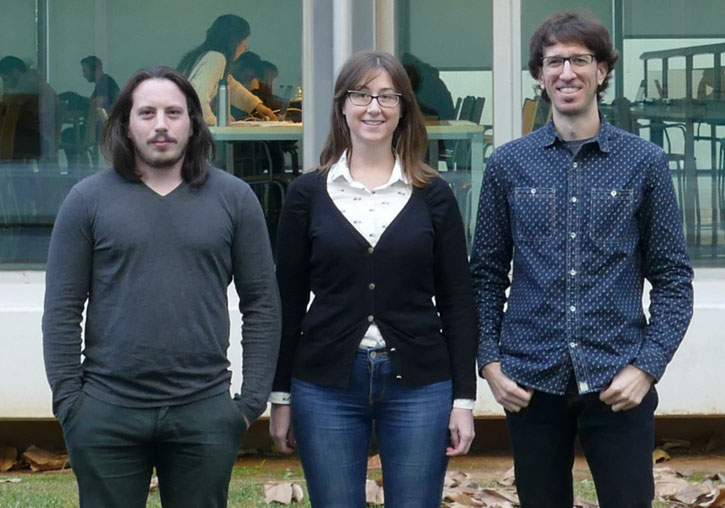
The School of Engineering of the University of Valencia (ETSE-UV) is the virtual venue and responsible for coordinating the PEERE Conference, an international meeting of researchers on the peer review or review of scientific articles. The event, from September 29 to October 1, will have as one of the highlights the presentation of a UV research project that analyses, from a gender perspective, the impact of the coronavirus crisis in the work of women engaged in academic review.
Peer review is a revision system done by experts used by scientific journals to evaluate articles before they are published. It is the last filter to guarantee the quality and rigor of the works, and an essential mechanism in academic research. Precisely because of its importance to the international scientific community, the PEERE Conference aims to become a virtual forum to share experiences, research, tools and concerns regarding the review of articles.
These sessions will not only be dedicated to professionals and researchers, they will also be fully open to all interested individuals in the academic research of all fields, from medicine to humanities. Attendees will have the opportunity to learn about the functioning of the review systems by experts, scientific societies such as the Royal Society, and specialised publishers.
The 2020 PEERE Conference comes after the success of its first edition in March 2018, and comes at a time when rigorous scientific information is more necessary than ever. In the current digital era, the presence of fake news on the Internet based on allegedly scientific articles has increased. Against this type of dubious information, the peer review is a guarantee of truthfulness and integrity.
The different evaluation models and their functions will be discussed during the three conference days. The application of bibliometric systems used in the review process will also be analysed, as well as the results of new computer simulation studies. Furthermore, there will be a discussion about common practices within publishing companies and possible issues with their reviews. However, not only the work for scientific journals will be discussed, the process of a project proposal and research grants as well.
Another debate during the conference will deal with the need to share the research and methods used in the peer review. In fact, the main objective of this second edition of the PEERE Conference is to support the transfer and the study of systems to review scientific articles.
Program
Due to the international nature of the event, all live discussions will take place in the afternoon (local time) to be reasonable for European, Asian and American time zones. Although the first session will take place on Tuesday 29, users will be able to access all presentation videos of articles accepted at the conference from Monday 28.
The starting shot of the 2020 PEERE Conference will be on Tuesday 29 at 2pm, with a keynote talk by researcher Sara Schroter, which will be about the importance of expert evaluation in the biomedical field and the need for collaboration to improve the quality of work. From 3pm to 4pm, a space will be opened to debate about the procedures and pilot models of peer review. The last session in the afternoon, from 4:15pm to 5:30pm, will try to analyse statistical data and metrics on scientific reviews.
The second day of the conference will be opened with a round table at 2pm, discussing the review of preprints. The day will continue with an introspective look—the evaluation of experts in the field of peer review.
A second round table on the impact of the pandemic on peer review will be held on the last day, Thursday October 1, from 2pm to 3pm. This last day will also deal about reviewing grants and project proposals. Finally, the virtual meeting will close with a session on simulation and the use of technology to evaluate academic work.
The full program for the event is available here:















